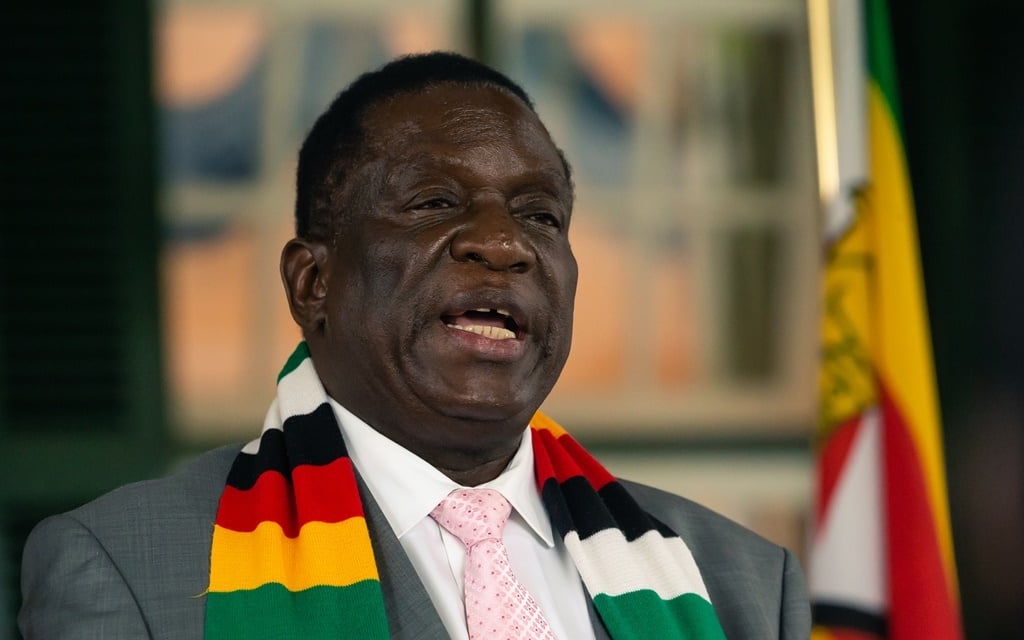
- At the weekend, Zimbabwean President Emerson Mnangagwa announced new capital controls.
- These include a halt to bank lending, and new taxes on foreign currency transactions.
- The Zimbabwe National Chamber of Commerce says the new measures bring big setbacks to the economy.
Mnangagwa, piqued by the continued plunge of the Zimbabwean dollar and rampaging price increases, on Saturday announced a raft of new measures.
The measures included an immediate halt to bank lending, to both the private and state sectors, with Mnangagwa accusing speculators of borrowing money to trade in foreign currencies. He believes this has added pressure on the Zim dollar, which has lost half of its value so far this year.
He also announced tax hikes on foreign currency transactions and withdrawals, as well as an increase in capital gains tax on the Zimbabwe Stock Exchange. The Zimbabwean central bank has also been instructed to stop growing the money supply.
The Zimbabwe National Chamber of Commerce grouping of businesses has sharply criticised these measures in a position paper addressed to the central bank and Treasury on Monday.
“This [suspension of lending] legitimises a parallel banking system … and no investor would be attracted to such an economy where lending can be suspended overnight. This is a step back.”
The body also criticised Mnangagwa’s announcement that the country’s money supply will not be expanded.
It said that announcement of this policy by central government and not the central bank “is a clear indication of the lack of central bank independence” in Zimbabwe.
The “downside is having the head of state announcing such measures sending a clear signal that politicians are directly involved in economic policymaking, notably monetary policy measures [where a greater degree of central bank independence is required], and in the process rendering the Reserve Bank of Zimbabwe as an arm of decision-making”.
The Zimbabwean business sector grouping also stressed that there is insufficient foreign currency liquidity to support full dollarisation in Zimbabwe while fast paced de-dollarisation “is not ideal given the prevailing volatile exchange rate” situation and wayward inflation rate.
Zimbabwe has also hiked the tax for electronic transactions in foreign currency from 2% to 4% while also raising the ATM withdrawal levy for hard currency from 5 cents to 2%.
The 4% tax is a “huge add-up to the cost of doing business” which will eat into savings and profits, while the hiking of the ATM withdrawal levy “signifies that the government is currently seized with revenue collection as opposed to creating an enabling environment” for business to grow, the chamber of commerce said.


